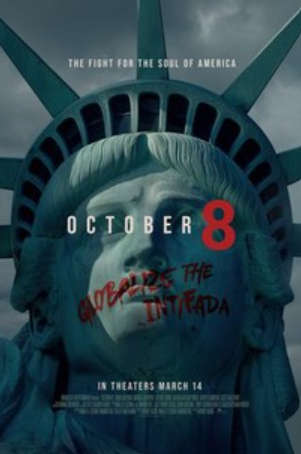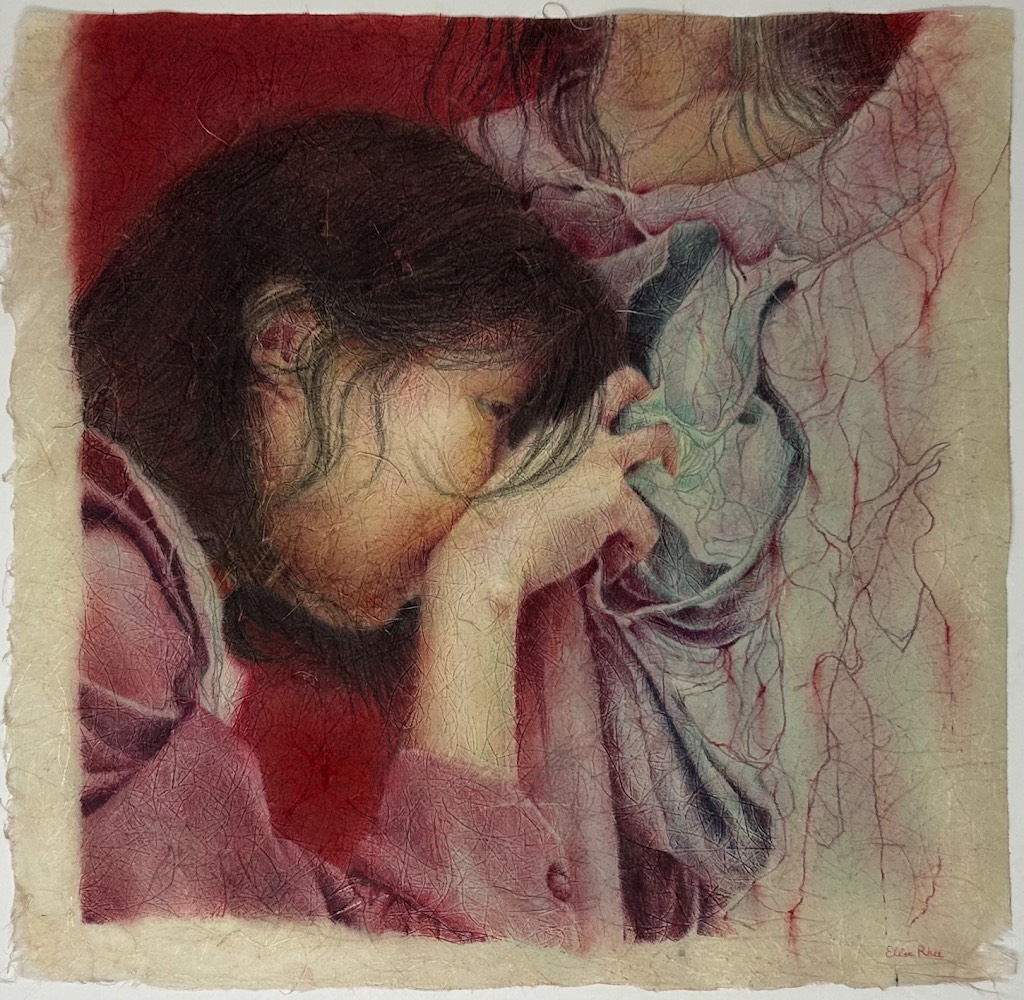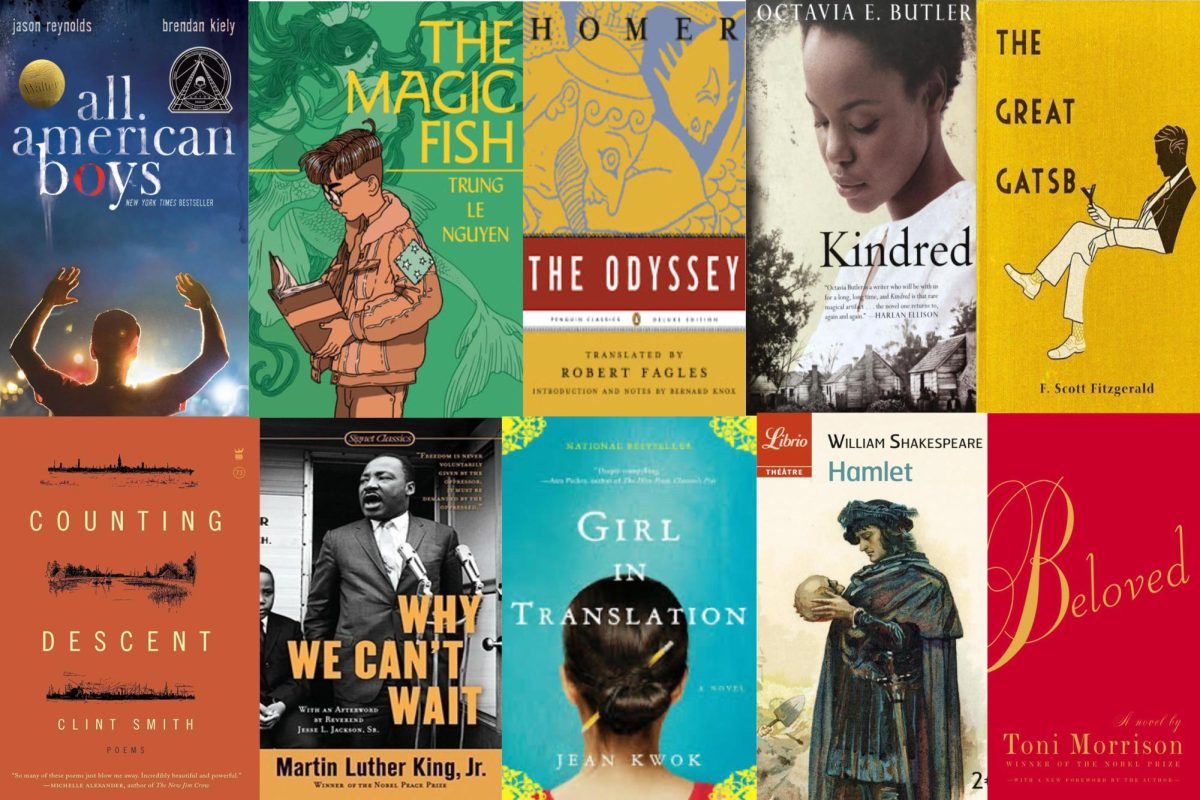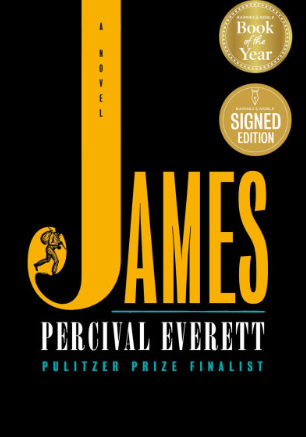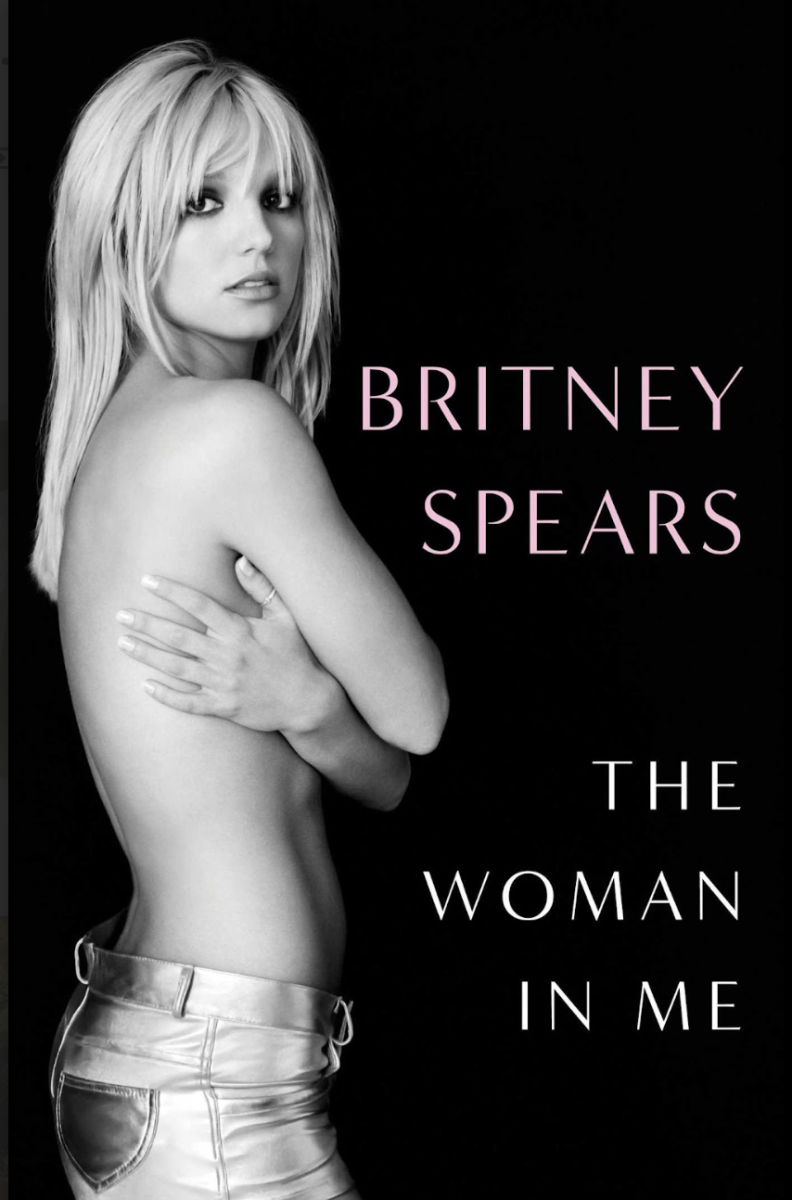Pete Wentz is perhaps the most well-known member of the rock band Fall Out Boy, and however cliché it is, fame comes with a price. In Wentz’s case, he dealt with mental instability as an adolescent and throughout his time in Fall Out Boy, and this was a major influence on his new novel.
Wentz’s novel, Gray, was released Feb. 19. The plot circles around an unnamed young man dealing with unspecified disorders, likely anxiety, depression or bipolar disorder, as he struggles to keep his sanity while his band rises and falls. Critics describe it as a fictitious memoir, but it is clear that he used at least some details from his own life—such as when he describes the protagonist’s drummer as a straight-edge vegan, which are specific qualities shared by Fall Out Boy’s real drummer, Andy Hurley.
The book starts out with the main character giving up his college career to pursue his band, and first meeting his true love. He starts off mentally stable—taking medications when he needs them, and hardly ever needing them because of how happy he is with his band and with his girlfriend.
However, as the band rises and he becomes famous, his personal life slowly falls apart. The character becomes more maniac depressive as the book progresses, with his on and off relationships punctuated by panic attacks and suicidal episodes. It’s no secret that Wentz struggled with depression and had suicidal tendencies, and it is clear that he uses his own experience to make the plot believable. At times, it can be unclear where Wentz’s life ends and the unnamed character’s begins.
Without spoiling the plot, the rest of the book is filled with the characters’ lives reaching their maximum potential, or maximum lows. The twist ending does not give much closure; it leaves the reader with more of a feeling that they witnessed a snapshot of a rockstar’s messed up life, rather than the resolution to the musician’s problems.
Wentz’s unique style of writing captivates the reader, though his use of metaphors can be a bit excessive at times. Sometimes, it seems that he doesn’t know what to say and covers it up with extensive symbolism. Yet, he creates deep quotes that are sure to stay with the reader for a long time. An example of this ambiguity is found near the middle of the book, when he describes names of pills as being “sterile stops on the sterling-silver superhighway of tomorrow.”
Occasionally, snippets from Fall Out Boy are snuck in, such as the line “I’ve got this ringing in my ears and none on my fingers,” which is almost exactly the title of a song off of their third studio album Infinity on High.
Wentz’s book is definitely worth a read, if not for its plot, then for its impressive use of language. Though the end leaves the reader wanting more, it successfully expresses a story that provides insight to Wentz’s own struggles.


